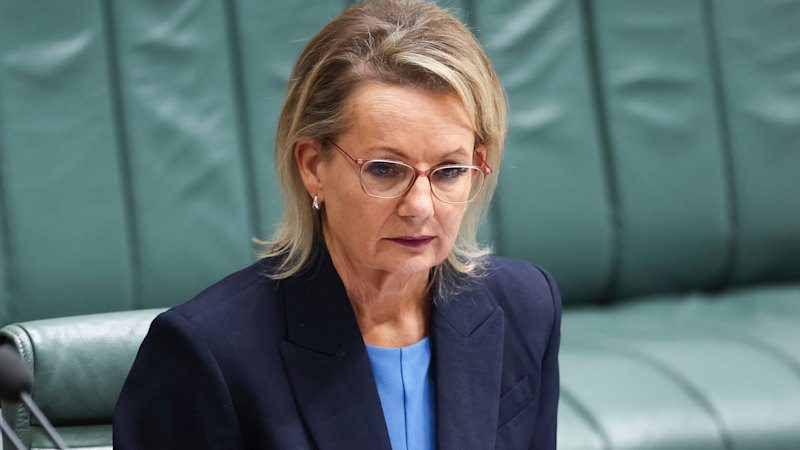
Opposition Leader Sussan Ley has publicly criticized fellow Coalition members for their comments during a parliamentary debate on employer-paid parental leave for mothers of stillborn babies. Ley described the remarks, which raised concerns about entitlements being claimed by mothers who have late-term abortions, as “insensitive.”
The controversy arose when Barnaby Joyce, alongside Andrew Hastie, Tony Pasin, and Henry Pike, questioned the eligibility criteria during discussions on Priya’s Bill last week. Joyce accused Ley of misrepresenting his stance, asserting that it is within his rights to scrutinize legislation. South Australian Senator Alex Antic echoed this sentiment.
Division Within the Coalition
This incident highlights ongoing divisions within the opposition. Former frontbencher Jane Hume also condemned the decision to question the bill’s eligibility criteria, especially after the Coalition had already announced its support for the legislation. On Monday, Coalition senators Antic, Jacinta Nampijinpa Price, and Sarah Henderson supported a One Nation amendment to explicitly exclude mothers whose child was stillborn after an “intentional termination.” However, both this amendment and a similar one proposed by Antic failed, and the bill passed in its original form.
The bill, named after Priya, who died six weeks after being born prematurely in June 2024, ensures that employers cannot cancel paid parental leave if a baby is stillborn or dies during that time. Priya’s father, Chris, expressed his family’s distress over the debate, stating, “It was hurtful to my wife. It’s disrespectful to our daughter.”
Understanding Priya’s Bill
Priya’s Bill uses existing definitions of stillbirth in the Fair Work Act and the Paid Parental Leave Act 2010, which includes situations involving medical abortions, provided a qualified practitioner confirms the definition of a stillborn child is met. Late-term abortions are rare, with doctors noting that fewer than 1% of terminations occur after 20 weeks, typically for serious medical reasons.
Hastie defended his position, stating that parliament is a forum for expressing views of conscience. However, some Liberal MPs questioned his judgment, considering his leadership aspirations. Ley, while refraining from commenting on Hastie’s ambitions, emphasized the importance of the bill and the struggles mothers face when losing a baby.
Reactions and Implications
Joyce, in response to Ley’s criticism, maintained that questioning the bill’s specifics is necessary. “People have inferred that we’re against the bill in its totality, and that is mischievous,” he said. Antic also defended the right to debate potential loopholes in the legislation.
Conversely, Hume expressed dismay at the debate’s direction, describing the suggestion that women might have late abortions to claim entitlements as “offensive.” She emphasized the deeply personal nature of the issue, advocating for a woman’s right to choose and criticizing the politicization of straightforward legislation.
Coalition health spokeswoman Anne Ruston voiced her disagreement with the objections raised, stating, “Late-term pregnancy losses, whatever their circumstances, are rare and occur in the most tragic and extreme circumstances.” She stressed the importance of recognizing the ordeal faced by women who lose a child late in pregnancy.
Looking Forward
The passage of Priya’s Bill in its original form marks a significant step in supporting women through tragic events. As the opposition grapples with internal divisions, the focus remains on ensuring compassionate and fair legislation for those affected by stillbirths and infant loss.
For ongoing coverage and expert analysis of federal politics, readers can subscribe to our weekly Inside Politics newsletter.







